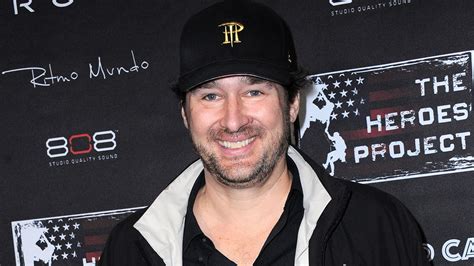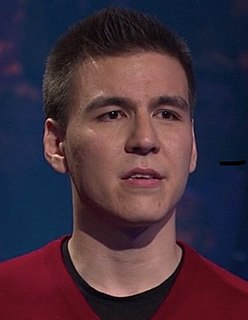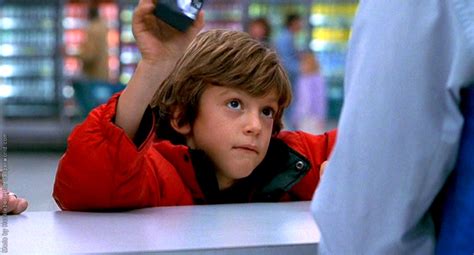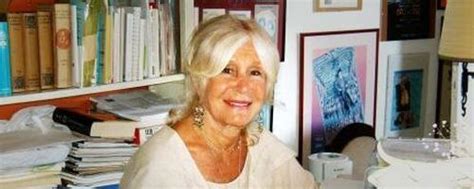A Quote by Maria Konnikova
I thought poker might be a perfect environment to start to learn probabilistic decision-making, and to live what it means to have skill versus chance and to see how that played out. I would dive in head first into the poker world.
Related Quotes
I like to peruse the Full Contact Poker online forums to read and comment on posts about interesting poker hands and whether they were played properly. I find that many of the contributors consistently suffer from the same problem: they are far too preoccupied with statistically insignificant aspects of a poker hand.































